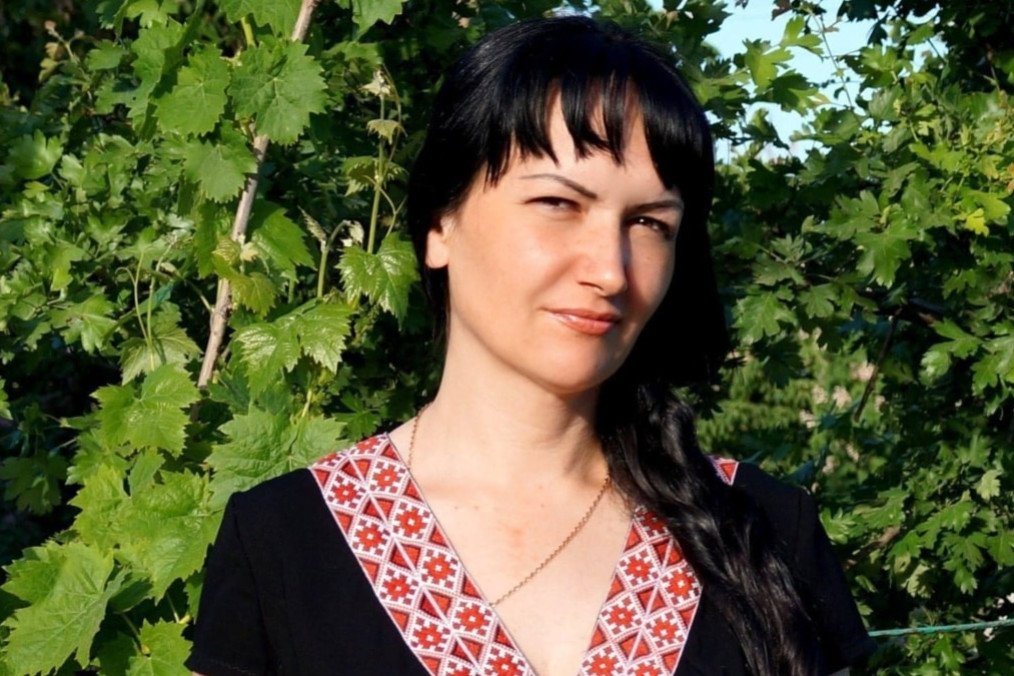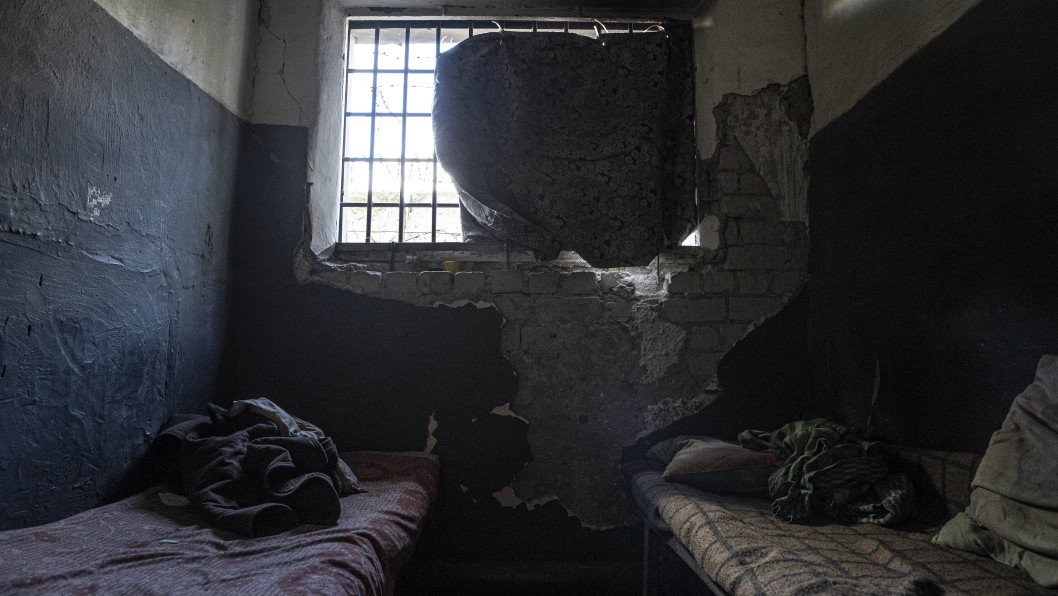- Category
- Latest news
Water Tastes of Decay: Investigation Details Ukrainian Journalist Iryna Danilovych’s Suffering in Russian Penal Colony

According to an investigation by Ukrainian human rights activists, conditions in Russia’s Stavropol region penal colony, where Ukrainian journalist and activist Iryna Danylovych is imprisoned, are marked by extreme cold, unhygienic conditions, and mistreatment by guards. She was abducted by Russia’s Federal Security Service (FSB) in Koktebel in 2022 and later convicted of allegedly possessing an improvised explosive device.
The Czech Foreign Ministry, as part of its support for Crimean political prisoners, released a video on Instagram highlighting Danylovych’s detention conditions. Tatiana Pechonchyk, head of the human rights information center Zmina, provided additional information to a Krym.Realii correspondent about the conditions in which Danylovych is being held.
Inhumane living conditions
According to the investigation, female inmates are housed in a poorly heated barrack with 120 people, where ice forms on the walls in winter, and the heat in summer makes breathing difficult. The facility is infested with mice and cockroaches.
Sanitary conditions are dire, with limited access to clean bedding and overcrowded bathing facilities—only 14 working faucets serve 300 inmates. Drinking water is reportedly contaminated; at one point, an animal carcass was left to decompose in the water system, giving tap water a strong stench of decay.
Food shortages are also used as a method of control, with limited portions and seating in the dining hall. Those who refuse to work in the prison’s sewing facility risk missing meals as the canteen closes on schedule, regardless of whether all inmates have eaten.
Guards reportedly use physical exhaustion as punishment, forcing prisoners to stand at attention for hours, often in extreme weather conditions.

Medical neglect and deteriorating health
Access to medical care is severely restricted, with prison doctors frequently refusing to diagnose illnesses or prescribe treatment. Even when families manage to send medicine, it can take weeks or months for prisoners to receive it, or it may disappear entirely.
Iryna Danylovych repeatedly requested a consultation with a specialist due to complications following an ear infection. Eventually, she was transferred to a regional hospital, but medical staff reportedly showed little concern for her condition.
Without reviewing test results, conducting imaging such as X-rays or audiograms, or even examining or speaking with Danylovych, the otolaryngologist simply copied some information from her prison medical file, filled out minimal paperwork, and ended the consultation without prescribing any treatment.
Under these conditions, Danylovych’s health continues to deteriorate. She suffers from constant ear ringing and headaches triggered by any noise, describing her condition as unbearable. Despite this, she has not received any medication and sees little hope of securing further medical consultations.
According to Zmina, more than 60 Crimean prisoners in Russian prisons and penal colonies are in severe or critical health conditions without access to adequate medical care. Human rights advocates are urging for the immediate release of all Crimean political prisoners.
Earlier, it was reported that Rustem Virati, a 60-year-old Crimean Tatar political prisoner, has died in a penal colony in Dimitrovgrad, Ulyanovsk region, Russia, after being sentenced to eight years in prison by Russian occupation authorities, according to The Crimean Tatar Resource Center.


-c439b7bd9030ecf9d5a4287dc361ba31.jpg)

-111f0e5095e02c02446ffed57bfb0ab1.jpeg)

